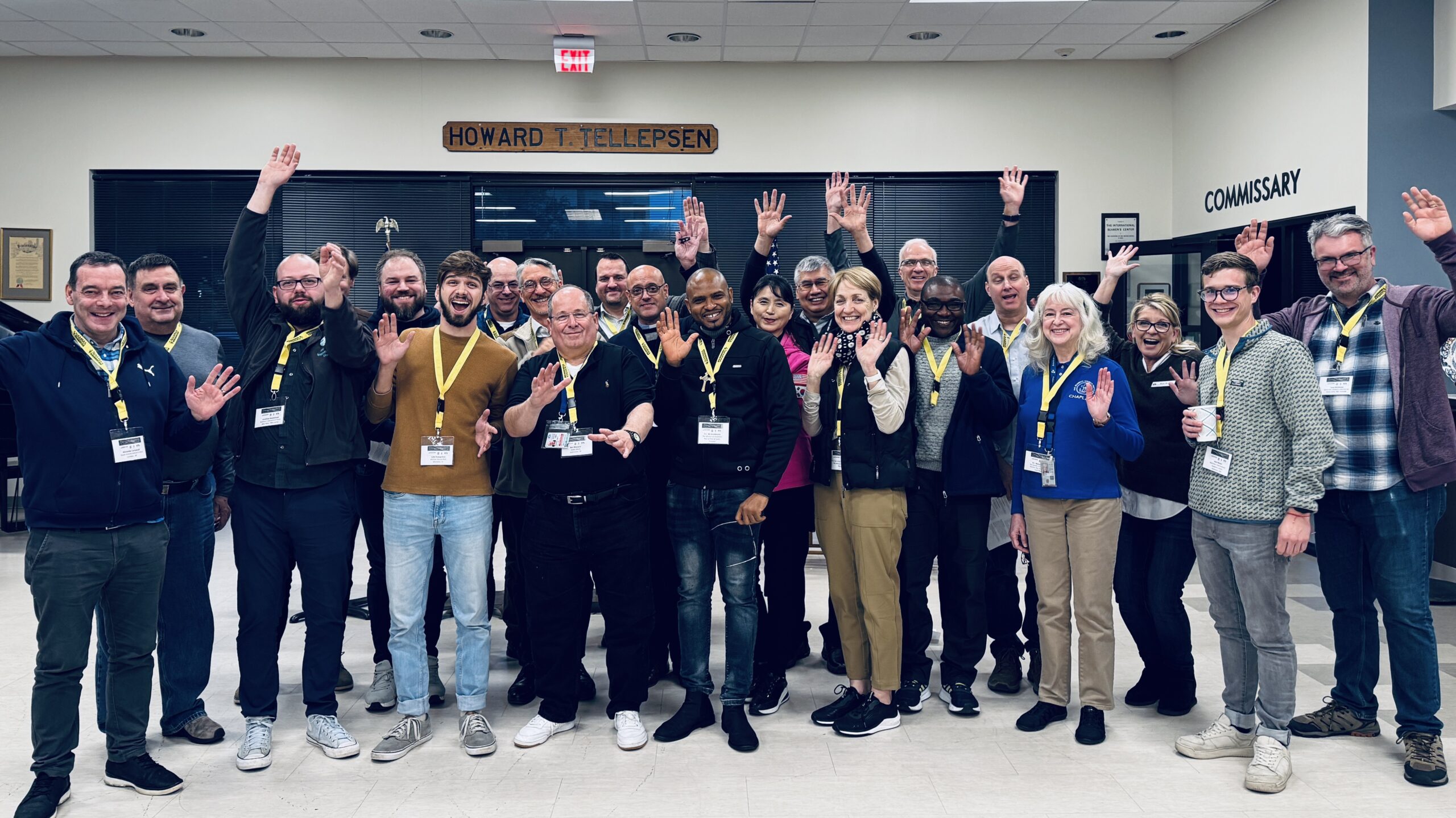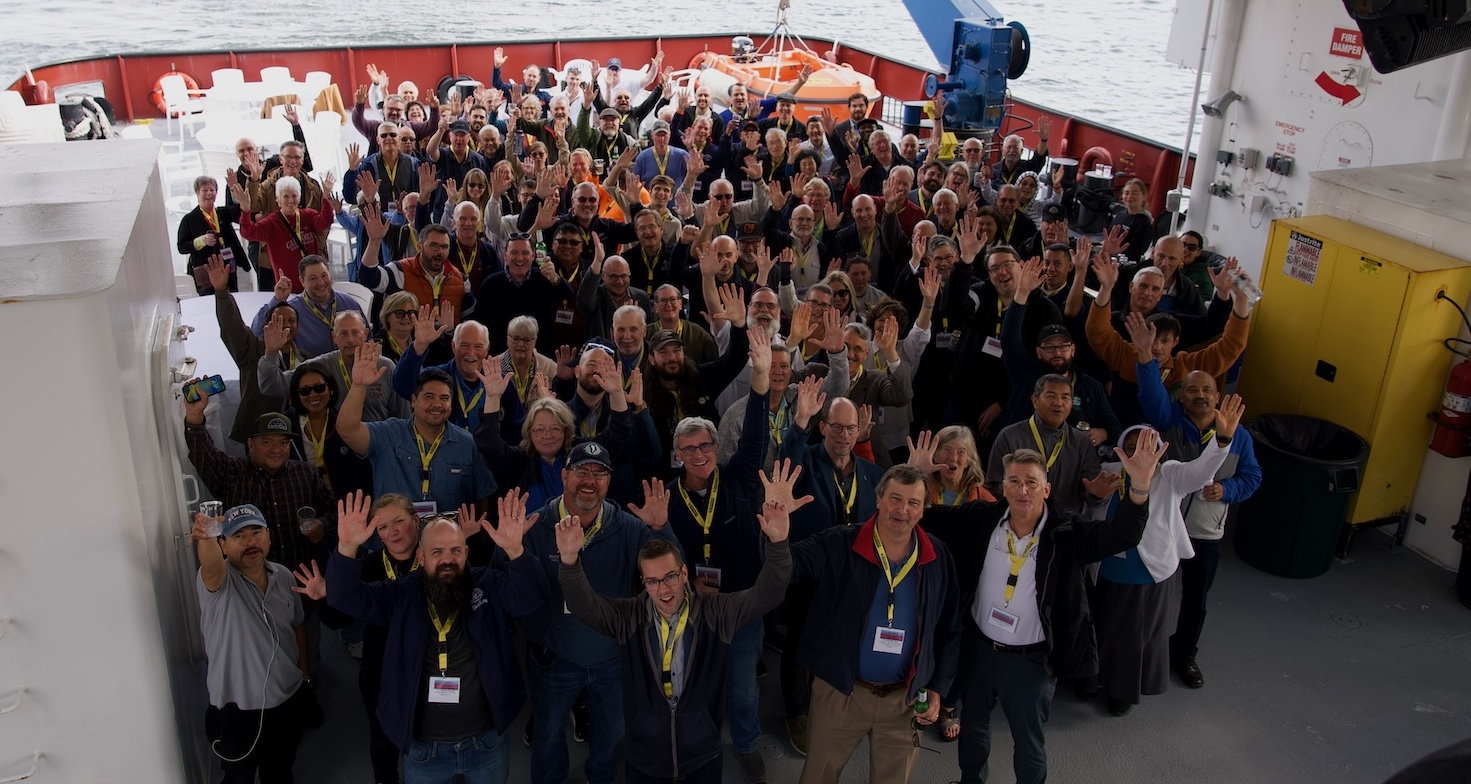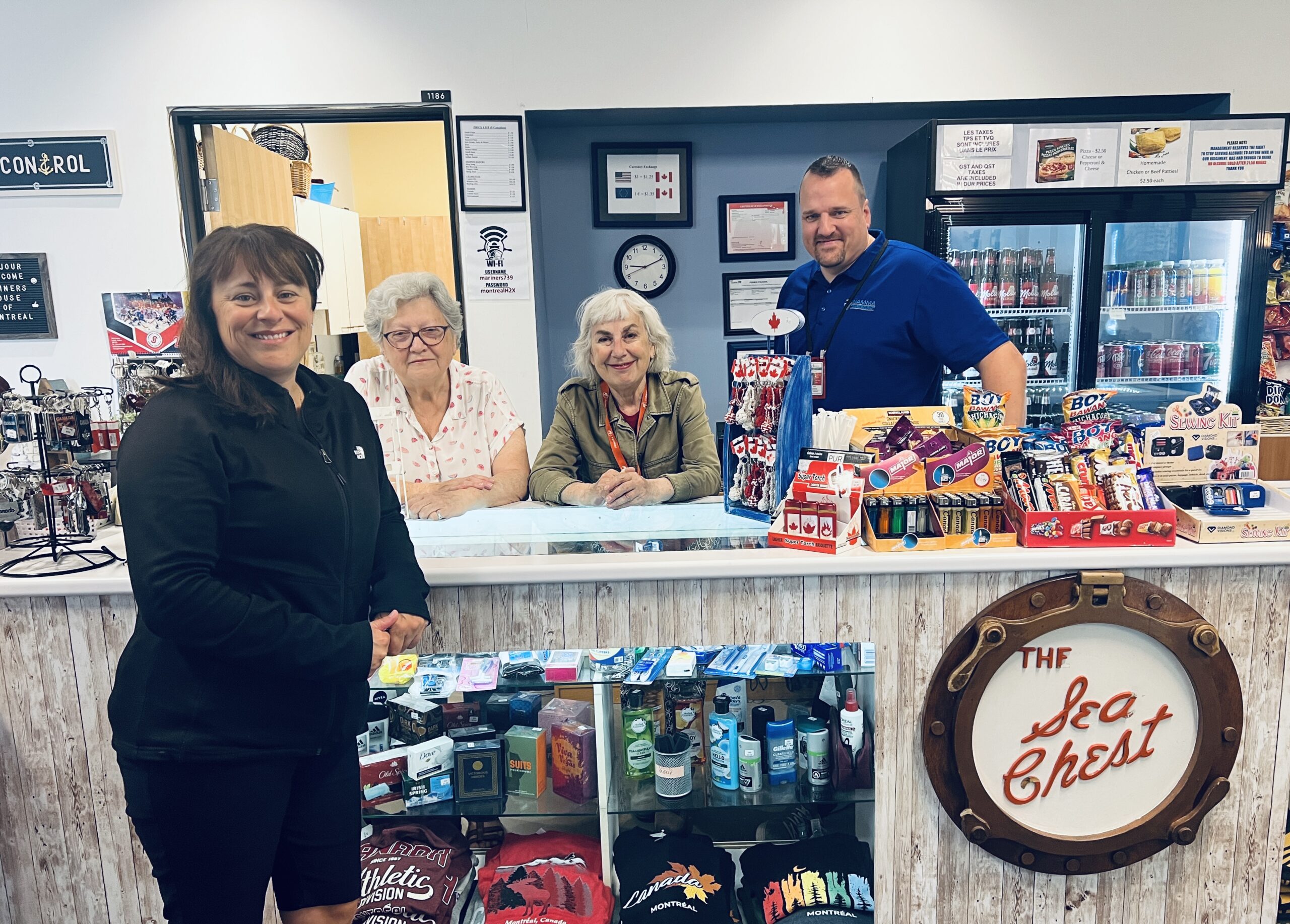On April 13, 2018, members of the Canadian maritime community gathered at the newly-constructed Montreal Seafarers’ Centre for a one-day seminar on seafarers’ welfare in our country. Addressing more than forty attendees, the panelists represented a diverse cross-section of the maritime world, expanding the conversation and helping cultivate a broad network of support for the benefit of seafarers.
The efficient flow of goods through Canada’s waters is essential to our economic success. The proficiency and safety of logistics and cargo operations is a miracle of our modern world, but the real strength of the maritime industry – highlighted by all the speakers at the seminar – is its people. Due to the global nature of shipping and the dynamics of the shipping industry, seafaring crews can feel pressures unique to this sector. As such, industry, labour, and government stakeholders continually dialogue to safeguard the welfare of seafarers, most visibly through the ratification of the Maritime Labour Convention, 2006.
The lineup of speakers for the day included Chad Allen (Shipping Federation of Canada), Elisabeth Bertrand (Transport Canada), Patrice Caron (Seafarers International Union – Canada), Yoss Leclerc (Logistro Consulting International, Inc./International Sailors’ Society Canada), Katherine Lippel (University of Ottawa), Barbara Neis (Memorial University Newfoundland), Desai Shan (University of Ottawa), and Jason Zuidema (North American Maritime Ministry Association).
After hearing from government, labour and industry presenters, participants gained an understanding of the diversity of seafarers’ welfare charities. The seminar then featured a panel of researchers from the On the Move Partnership. It was especially useful to hear new research on fatigue among Canadian seafarers’ and on challenges that all workers face when needing to travel long distances to get to work.
Two priorities emerged as central to the seminar. First, participants agreed that the day’s discussions were not intended to dwell on the perceived weaknesses of any part of industry, government, labour, the welfare sector, or the research community; it was noted that some of that feedback happens specifically at the ILO or IMO, in government forums like CMAC, or other contexts. Rather, the main priority of the day was networking and awareness, something all participants felt was necessary. Because of the time and cost involved, we rarely have regional or national opportunities to discuss seafarers’ welfare in Canada. After vigorously engaging with panelists, participants left with a heightened awareness of the diversity of people involved in supporting the welfare of seafarers on Canadian waters. We hope that, with that awareness, the maritime community can better perceive practical ways to move forward on various issues.





